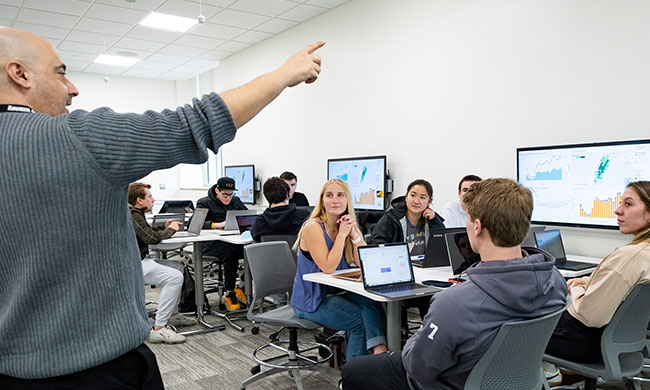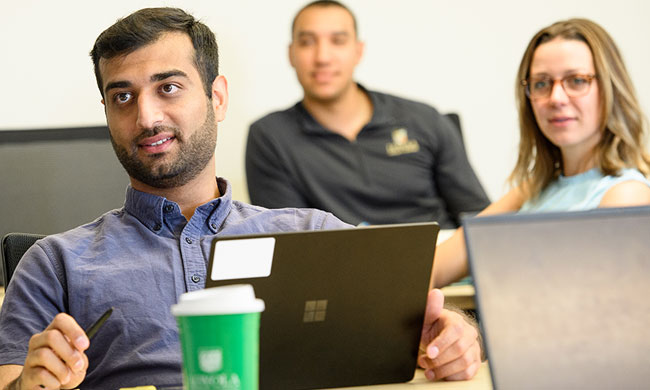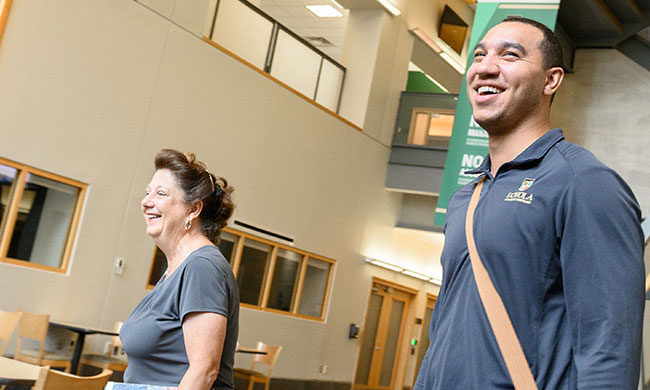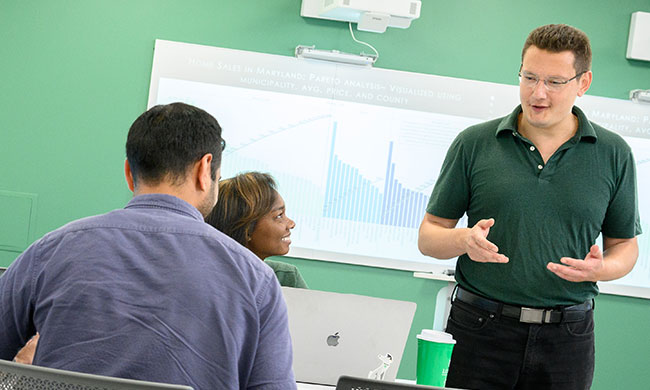What is Economics?
The great English economist Alfred Marshall wrote that "economics is the study of mankind in the ordinary business of life." Economics is a social science that studies choices made by consumers, owners of physical resources, workers, entrepreneurs, corporations, non-profit institutions, voters, politicians, and bureaucrats. The economic way of thinking is a powerful tool that illuminates real world problems and processes. It provides consumers and those in business, government, and non-profit enterprise with ways to wisely use scarce resources. Economics also provides the basis for the analysis of many social issues such as poverty, unemployment, environmental decay, and alternative economic systems. Because economics stresses the application of logic and reason to the analysis of contemporary and historical aspects of human behavior, economics is an important part of a liberal arts education. Economics courses can be used to satisfy the social science component of Loyola's core curriculum and should appeal to students with many interests. Because economics can be used to help decision makers analyze problems, courses in economics are part of the curriculum of the Sellinger School of Business and Management.
Request Information
Undergraduate Programs
Graduate Programs
Explore our Programs
Preparing the next generation of business leaders


